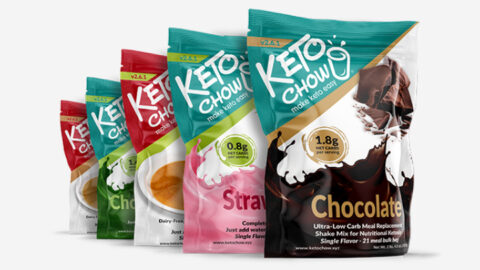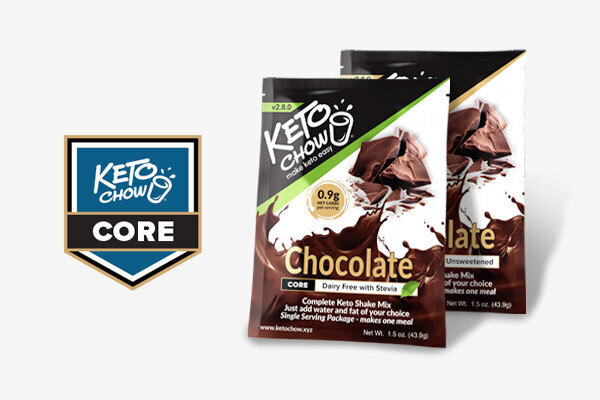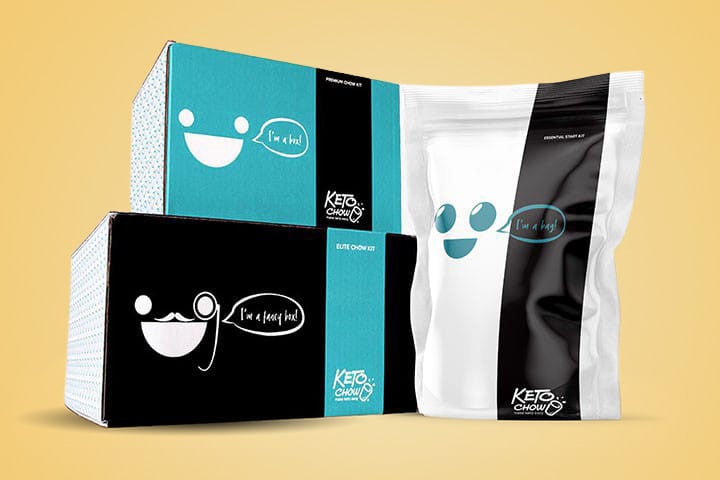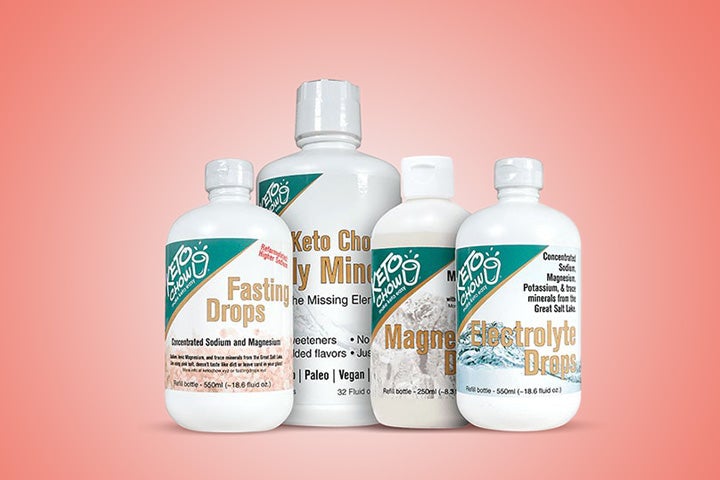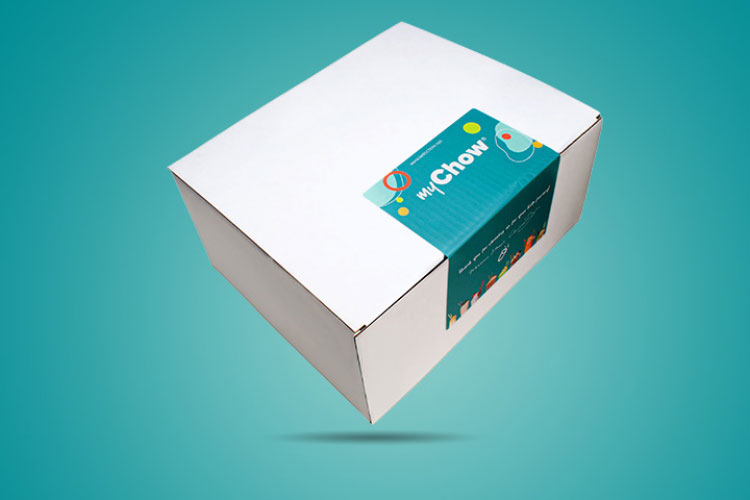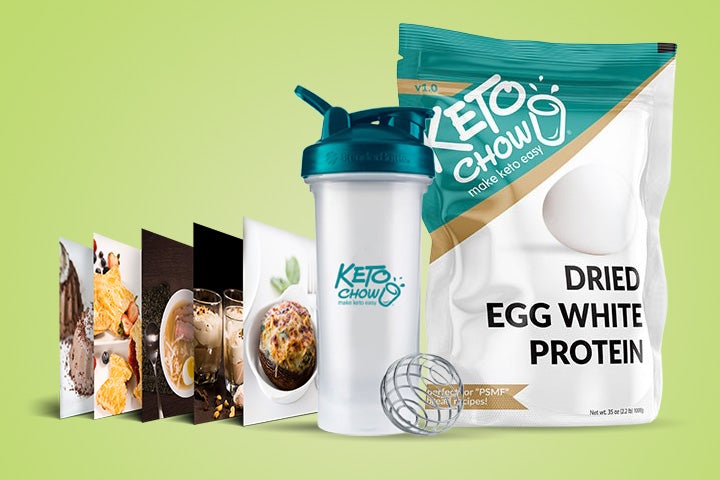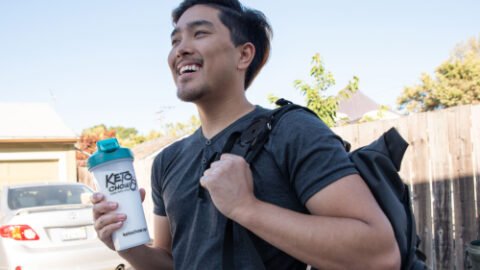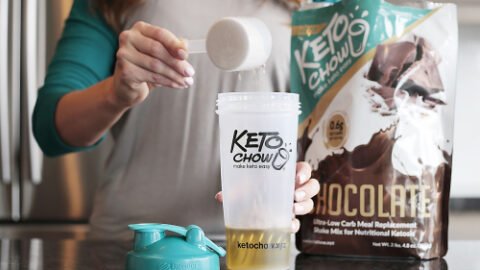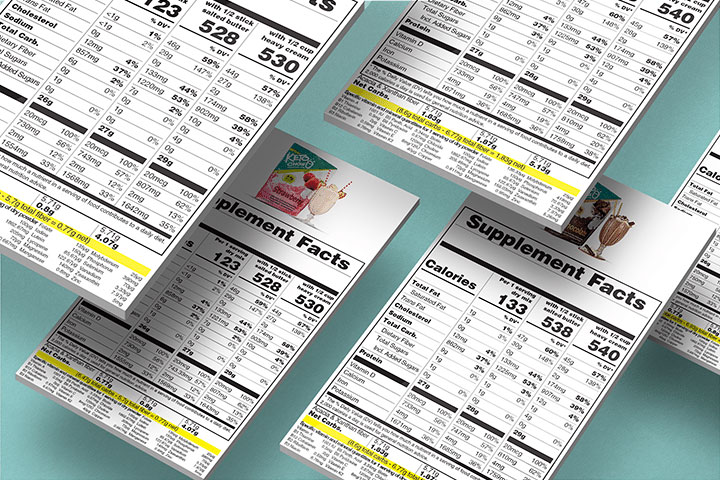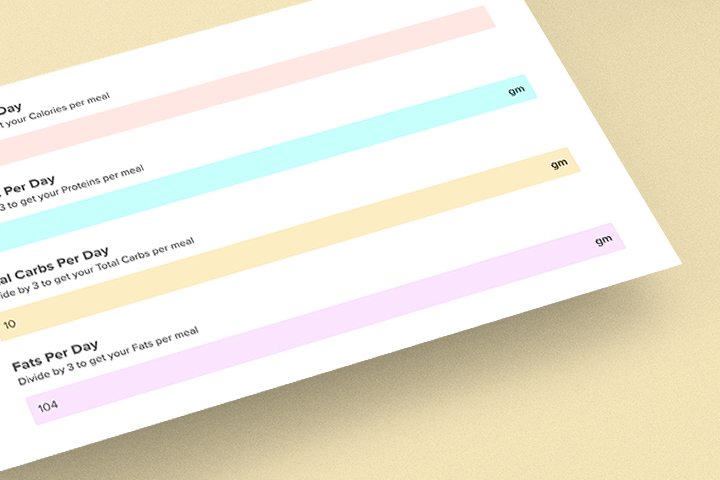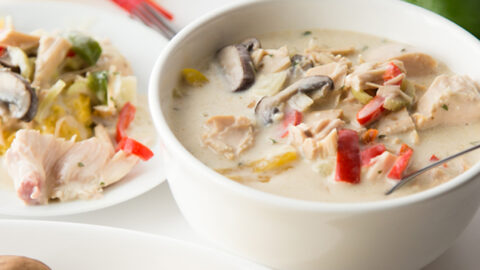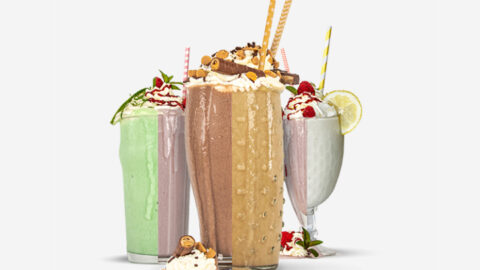Carbs are an upper limit, meaning do not go higher than that. You want to be as far below them as possible, approaching zero if you can.
You want to hit your protein goal. If you go over it, that’s not a big deal. There’s a thing in your body that can turn protein into glucose but it’s DEMAND driven, not supply driven, and so long as you’re keeping your carbohydrates low, your insulin will be low as well and too much protein isn’t something to be concerned about. Too little protein is a problem. A lot of people argue about this but Dr. Benjamin Bikman settled the debate back in 2018
Fat is more variable. If your insulin is low then your body will be able to supply fat using your body’s reserves (yay!). If you are just starting keto then your insulin is likely high enough that the fat is locked away and you will not be able to access it readily. Here’s the rub: you’re not eating carbs so you don’t have glucose; but you also can’t access stored fat so unless there’s sufficient fat on your plate, your cells will not have any sources of energy and you’re going to get hungry. Probably REALLY hungry and think this keto thing is a pack of lies. The solution is to make sure you are getting sufficient fat until your body figures out what it’s doing and can pull from storage. Especially when you’re starting up the amount of fat you’re eating. Throw some extra butter on your steak, add some more heavy cream to your diet root beer, etc… After you’ve adjusted, then you can start running a caloric deficit but you’re probably not even going to need to deliberately do it since your body should clue-in and tell you “nah, I’m full – save that for later”
Finally: this cannot be emphasized enough: get salt. Like: a lot of salt. Not to be melodramatic but everything you’ve been told about limiting salt consumption is dead wrong and has no application to a ketogenic diet with low insulin levels. Salt your food. Salt your drinks. Eat some pickles. Drink some pickle juice. Make some chicken broth. Add more salt to your food. Failure to get enough salt will result in you feeling like crap and getting “Keto Flu” – I can speak from experience.
From the Reddit Keto FAQ
What are macronutrients?
Macronutrients (“macros”) are what you use for fuel: fat, protein, and carbohydrates. Every weight-loss diet works by limiting the total amount of calories you eat. The macronutrient makeup of a ketogenic diet make it very easy to stay in a caloric deficit and lose weight. Most people do not need to count calories on that diet, because they naturally start consuming a healthy amount of calories.
The three macronutrients are carbohydrate, protein and fat.
All three nutrients have differing effects on ketosis due to their digestion and subsequent effects on blood glucose and hormone levels.
- Carbohydrate is 100% anti-ketogenic due to its effects on blood glucose and insulin (raising both).
- Protein is approximately 46% ketogenic and 58% anti-ketogenic due to the fact that over half of ingested protein is converted to glucose, raising insulin.
- Fat is 90% ketogenic and ten percent anti-ketogenic, representing the small conversion of the glycerol portion of triglycerides to glucose.
“Both protein and carbohydrate intake will impact the development of ketosis, affecting both the adaptations seen as well as how much of a ‘protein sparing’ effect will occur. Despite the generally ‘high fat’ nature of the ketogenic diet, or at least how it is perceived, dietary fat intake has a rather minimal effect on ketosis per se. Fat intake will primarily affect how much bodyfat is used for fuel.”
Lyle McDonald, “The Ketogenic Diet”, page 52
Compared to the diet recommended by the US Food and Drug Administration, the macros in a ketogenci diet are high fat, moderate (adequate) protein, and extremely low in carbohydrates.
How do these 3 macronutrients give energy to our body?
Alcohol is also a macronutrient and it may have applications in explosive exercises, however, due to the small, infrequent levels in which it’s consumed, it is rarely referred to when calculating nutritional goals. That’s not to say that alcohol can’t affect ketosis. Refer to http://www.reddit.com/r/keto/wiki/faq#wiki_can_i_still_drink_alcohol.2Fcoffee.3F.
Protein and the Ketogenic Diet
Although carbohydrate intake is arguably the most important aspect of successfully inducing ketosis, protein intake is extremely important in order to prevent muscle loss. While an easy solution is to simply eat as much protein as possible, this is not recommended.
Therefore, protein intake is recommended to fall within a narrow range:
- Sedentary people: 0.69 – 0.8g per lean pound
- Mildly active or doing endurance / strength training: 0.8 to 1.0g per lean pound
- Heavy strength training / bodybuilders: 1.0 up to 1.2g per lean pound
Protein according to lean pound is recommended for people who are obese or want to achieve low body fat levels.
For the most part, the timing of protein intake is not an issue on a ketogenic diet, except as it pertains to maintaining ketosis. The nature of the ketogenic diet ensures that protein is consumed at most meals with few exceptions.
Do I need to hit my fat macro?
If you are doing keto for weight loss, no. A common misconception about the keto diet is that one must consume a lot of fat. The keto diet is a high fat diet, but if you are doing keto for weight loss a portion of that fat is going to come from your body. You may commonly see it said on this subreddit that fat is a lever/meant to keep keep you full. Your body can’t get all of its energy from stored body fat though, so be sure to consume at least 30g-50g of fat per day.
If you are doing keto and struggling to lose weight, fat is the first thing that should be cut. This article is a good place to start for ways/reasons to reduce your fat intake.
A macros tl;dr:
Carbs are a limit. They are the only macro that meaningfully impact ketosis. There is no minimum carb intake.
Protein is a goal. Protein is vital. Unlike carbs and fat your body cannot store protein. This is why you need to prioritize hitting your protein macro every day.
Fat is to satiate. Fat is what you use for energy on a ketogenic diet, but if you’re trying to burn body fat you don’t need to hit your fat macro. Just eat enough of it so that you feel full.
